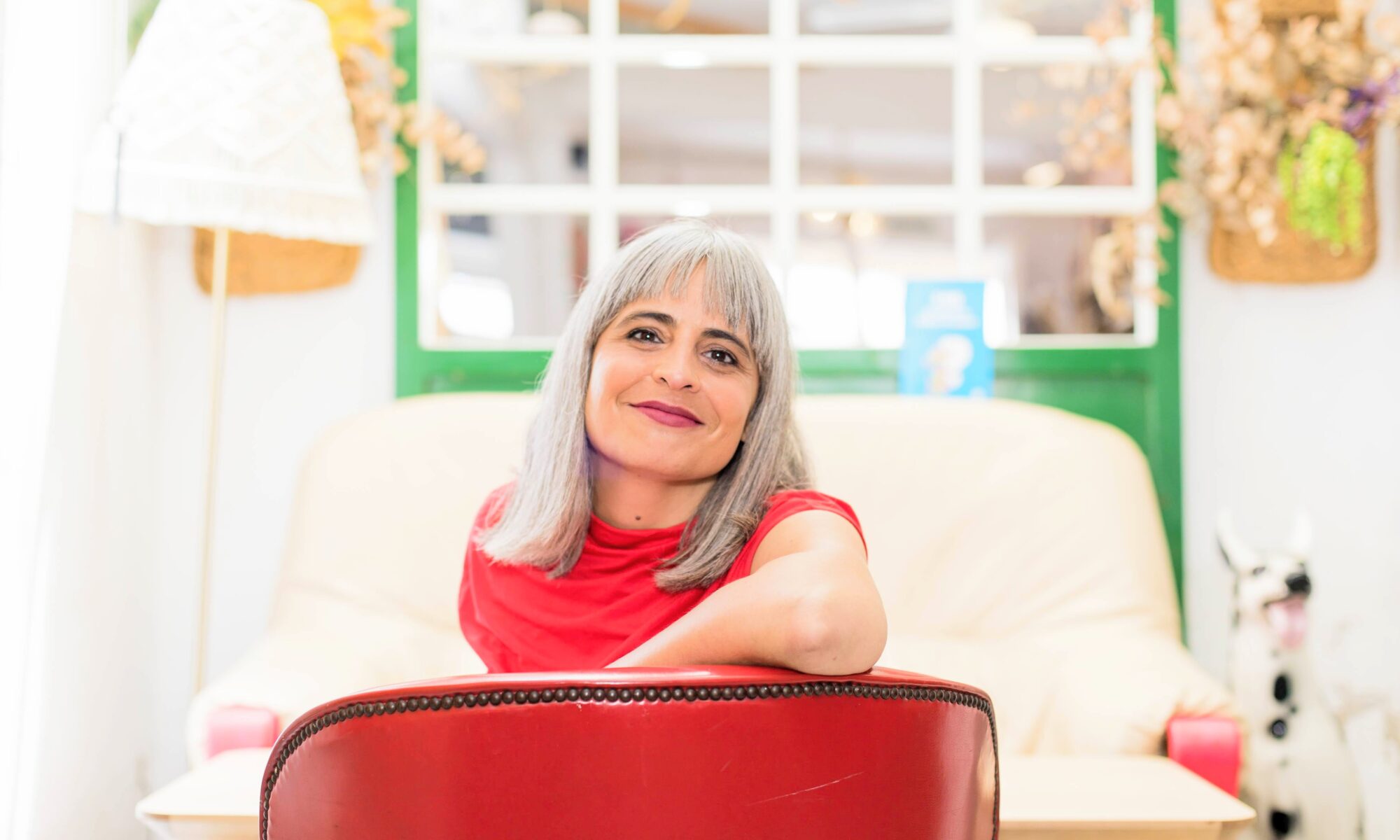If you've never knelt before a man, if you've never suffered from partner violence, if you've never had to serve a man and work for him for free, if you're proud of yourself because you don't depend on a man economically or emotionally, it's normal that you find it difficult to understand why so many women in the world are suffering exploitation and violence from their partners.
But surely you can work on empathy within yourself to try to understand that the victims are not to blame, and that there are women who have been raised to be addicted to romanticism and to spend their lives taking care of a man, enduring, tolerating, and sacrificing themselves for him.
Romantic love is a trap for many women because the whole system is geared towards making us believe that happiness lies in marriage and family, even though the statistics on gender-based violence, violence against children, violence against the elderly, and violence against pets within the "happy family" context tell us the opposite.
Home is the most dangerous place for women, and for millions of them, escape is impossible. The more children they have, the poorer they are, the more trapped they become.
But there are also free and economically independent women who are imprisoned by love, and they could get out of it, but they don't. It's because we've been made to believe that suffering for love is rewarded, and they have to realize that it's a lie. That suffering has no reward and is not worth it. And that takes time.
Why is it so hard to leave? Because we have the myth ingrained in us, and love is a very powerful and addictive drug.
Not all women are clear that we haven't come to this world to suffer, not all know they have the right to a Good Life, not all have the tools to take care of themselves and to defend their freedom and human rights. Not all women have feminist women nearby to help them open their eyes.
So please, show some empathy if you've already opened yours. It doesn't help to talk about women who suffer for love from a position of superiority: each one needs her own time to escape the hell. From the outside, it's easy to judge and say, "I would never allow a man to treat me badly." But from the inside, many can't leave even if they want to. Some have resources and a support network, others are alone and don't even know that the emotional, sexual, and domestic abuse and exploitation they suffer is gender-based violence.
Some manage to free themselves, others never do, and others lose their lives along the way, murdered at the hands of their abuser. It's not a personal problem that everyone has to solve on their own, it's a social and political problem, it's a collective issue, and it's a matter for everyone. What we need to do is help and care for each other, and create networks of mutual support.
If you have already liberated yourself, or if you've never been in the prison of love, be supportive and help others remove the blindfold, open their eyes, and escape the cage.
We are making a revolution and we need cooperation and teamwork; on the path to liberation, we must all go together.
Coral Herrera Gómez
Original en Español:



